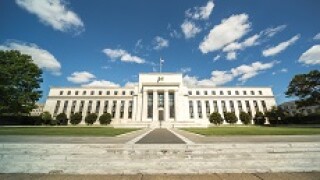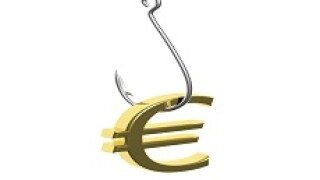German Sovereign
-
US President Donald Trump’s first speech to Congress, a remarkable switch in Federal Reserve rate expectations and swap spreads falling from their early week highs all failed to derail a stellar week for public sector dollar issuance. More trades are expected to come next week, before the market quiets ahead of the Fed’s next rate decision and a Dutch general election where the far-right Party for Freedom (PVV) is expected to perform well.
-
Swedish Export Credit Corporation on Thursday added another cracking deal to a super strong week for dollar issuance, as FMS Wertmanagement lined up to take benchmark supply in the currency into Friday.
-
NRW.Bank will be the next SSA borrower to tap the euro market, after two eurozone sovereigns raised a combined €11.4bn through auctions on Thursday, making the most of a week largely free from political volatility.
-
KfW and the European Bank for Reconstruction and Development took full advantage of a strong environment to sell dollar benchmarks on Tuesday. Further dollar issuance is rumoured this week — with conditions so good that deals may come despite potential volatility from US president Donald Trump making his first speech to Congress during the New York evening on Tuesday night.
-
The public sector dollar market is showing a few signs of life this week as KfW and the European Bank for Reconstruction and Development picked banks for benchmarks, while the Bank of England launched its annual foray in the currency.
-
The State of North Rhine Westphalia will sell its third sustainability bond on Tuesday, following a pan-European roadshow.
-
The scores are in. See how market participants rated KfW's €5bn 10 year, Alberta's sterling debut and EAA's $1bn two year.
-
-
-
Japan Bank for International Cooperation (JBIC) made a rare appearance in three year dollars this week, opening the way for its peers to follow. But there is little in the dollar pipe from Japanese or any other SSA issuers — all of which are well funded — after a week when US rate expectations were jolted by comments from Federal Reserve chair Janet Yellen.
-
After a tumultuous week of blowouts and recoveries in European government bond spreads, this week is looking more settled and healthy. However, the feverish pace of issuance has also abated.
-
KfW sold its second euro benchmark of the year on Tuesday, scoring €5bn at the difficult 10 year area of the curve in what a banker away from the trade called “a positive sign for the market”.










